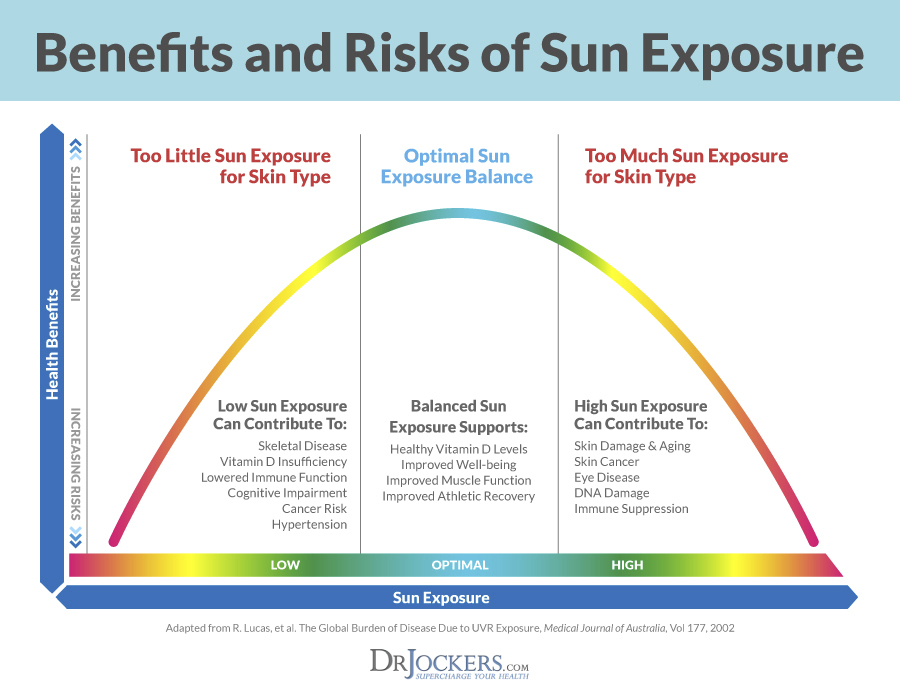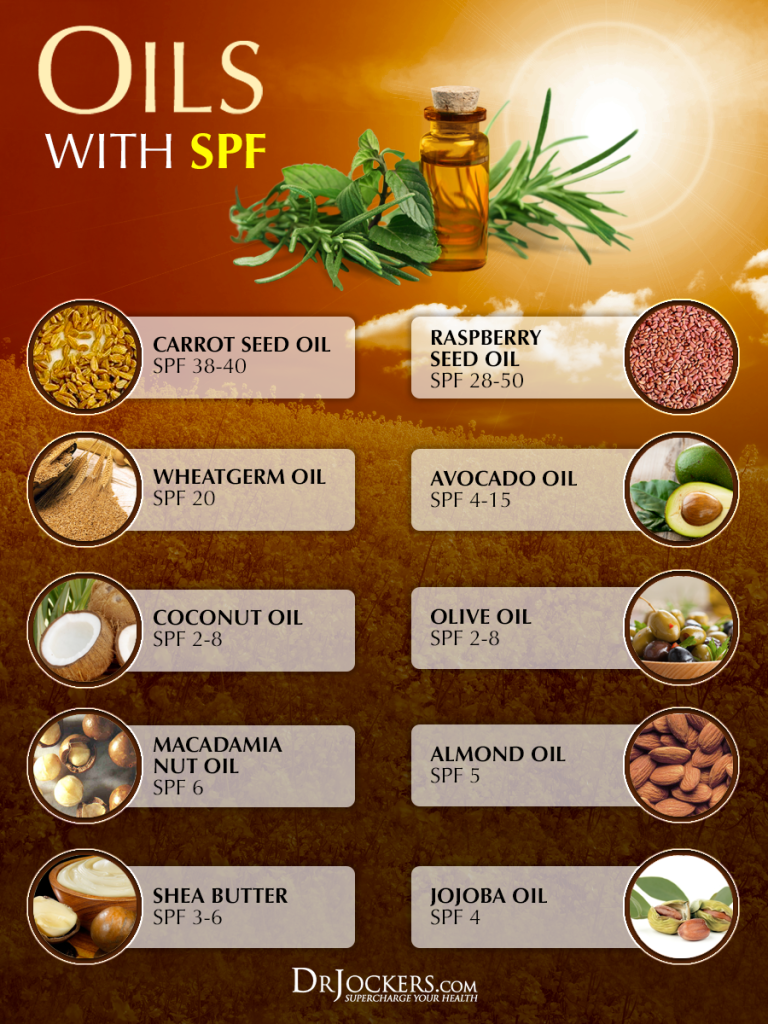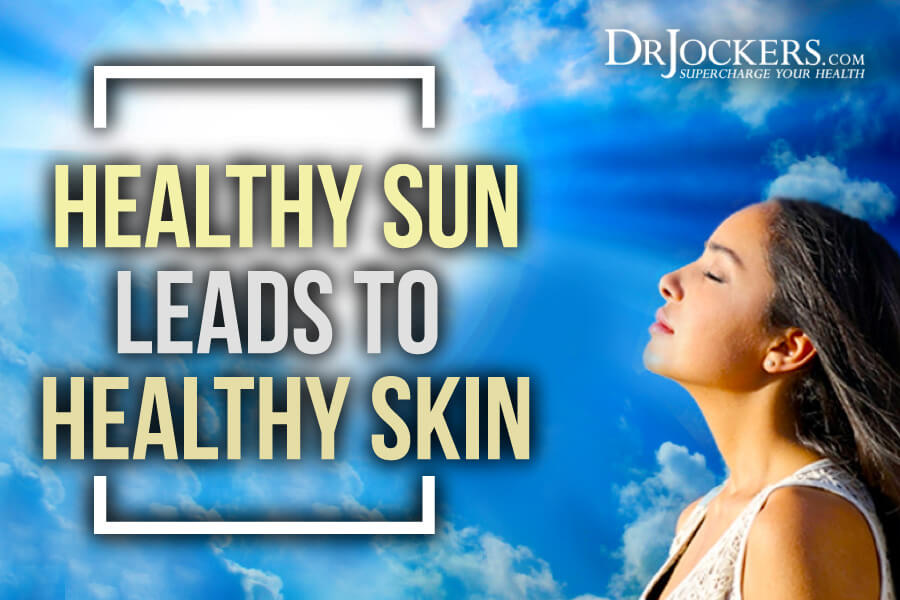
Healthy Sun Leads to Healthy Skin
For years we have been told to avoid the sun due to the “damaging” effects of UV radiation to maintain healthy skin. The newest research has shown that the sun’s rays do much more good than harm. The sun’s ability to charge our bodies with vitamin D makes it extremely powerful at minimizing free radical damage and maintaining moisture in the skin. Aging well is absolutely dependent upon healthy sun exposure.
Many experts believe that vitamin D is incorrectly named. Vitamins are substances that are crucial to normal everyday life function, but cannot be synthesized in sufficient quantities by the body. However, your skin has the ability to manufacture as much as 10,000 IU of Vitamin D after 20-30 minutes of summer sun exposure.
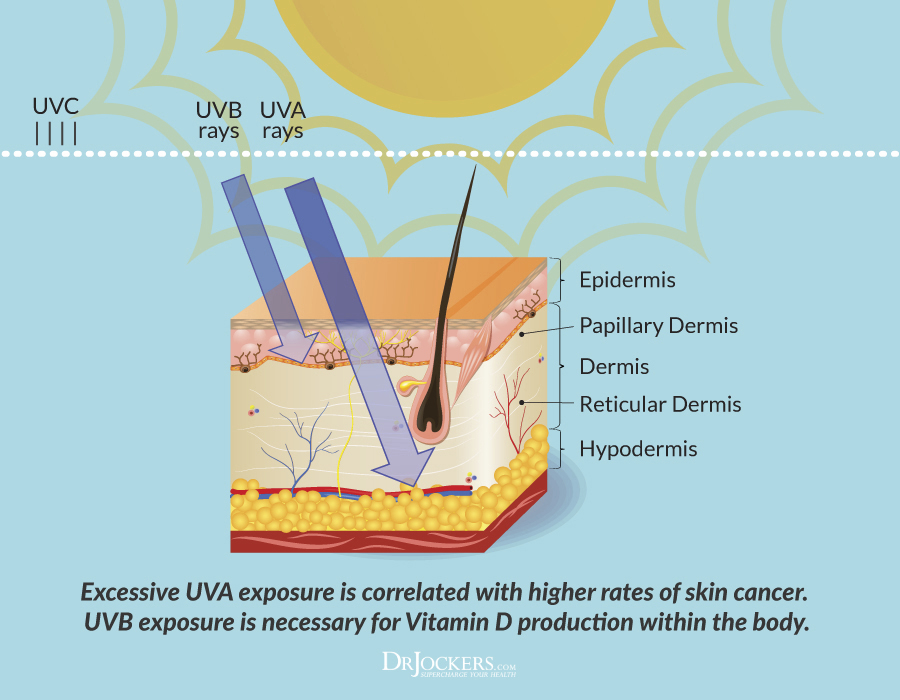
Vitamin D3 is a Pro-Hormone:
Vitamin D more resembles a hormone than vitamin by function. Hormones are chemical messengers that interact with cell receptors to produce specific biological responses. Calcitriol, the active form of Vitamin D, is arguably the most powerful hormone in the body. It has the ability to activate over 1,000 genes (roughly 5% of the human genome) (1).
Too much sun exposure causes free radical damage leading to wrinkles and cancer cell growth. However, an appropriate amount of sun exposure everyday is one of the healthiest things you can do for your skin.
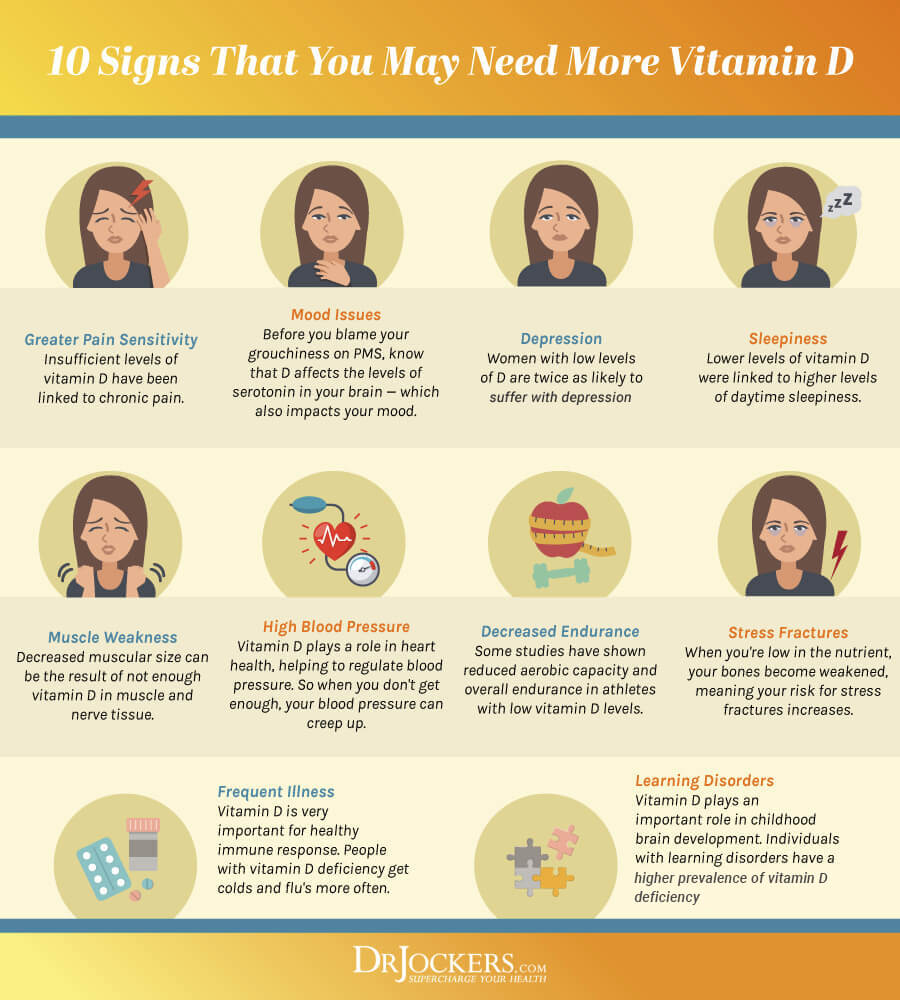
Your Skin is Your First Line of Defense:
The skin is your first line of defense against pathogenic invaders and is under constant onslaught by the outside environment. In fact, the body must replace approximately 30,000-40,000 skin cells every minute (2).
This constant renewal takes place in specialized cells called keratinocytes which account for about 95% of all cells in the epidermis (outer layer of skin). Healthy cellular division and differentiation at this level locks in moisture and keeps the skin soft and subtle.
Vitamin D is directly involved in cell proliferation and differentiation as well as optimal immune function making it the most important nutrient for healthy skin (3). If the body is deficient in Vitamin D, the epidermal cells will not differentiate optimally. This causes the outer layer of the skin to become fragile and thin. Dryness and wrinkles set in as moisture is lost and the skin begins to sag (4).
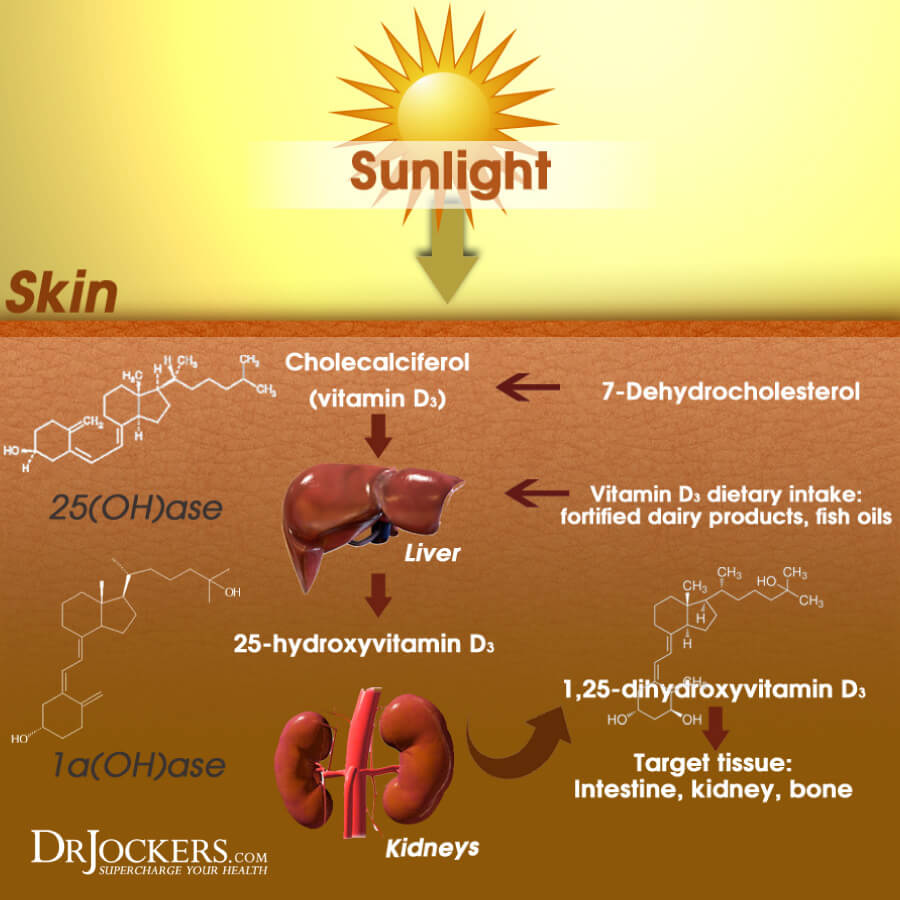
What is on Your Skin Gets in Your Blood
Your skin is an extremely absorbent organ. What we apply on our skin enters directly into the bloodstream. The majority of sun screens and sun lotions contain toxic chemicals that are harmful for the body. The most damaging ingredients include sodium lauryl sulfates, parabens, oxybenzones, & padimate O. Many of these are known xenoestrogens that interfere with healthy hormonal function. All are linked to higher rates of cancer (5, 6, 7).
Additionally, sunscreens block out the valuable effects of vitamin D. For example, if you wear sunblock SPF 8, you reduce your body’s ability to make vitamin D by 90%. If you choose a sunblock with a SPF of 30, you reduce your body’s ability to produce vitamin D by 99% (8).
Natural skin moisturizers include coconut oil and olive oil which harmonize the sun and allows for a natural tan development. It is also critical to get lots of anti-oxidants applied topically to enhance our skin’s health and ability to synthesize vitamin D. Great lotions include green-tea extract, aloe vera, & clove oil which provide antioxidant protection for the skin.
Tips For Healthy Sun Exposure:
1. Skin Color: Your skin color dictates your sun needs:
Light skin = 15-20 minutes daily
Medium Skin = 25-30 minutes daily
Dark Skin = 40-45 minutes daily
2. Healthy Moisturizers: Use coconut oil, aloe vera, clove oil, and/or green tea extract as a moisturizer before and after sun exposure for added anti-oxidant protection. This is an important and often forgotten principle for healthy skin.
3. Natural Sunscreen: If you are going to have long exposure wear layers or use a natural sun screen with no man-made ingredients for healthy skin. I like this Goddess Garden Organics brand.
